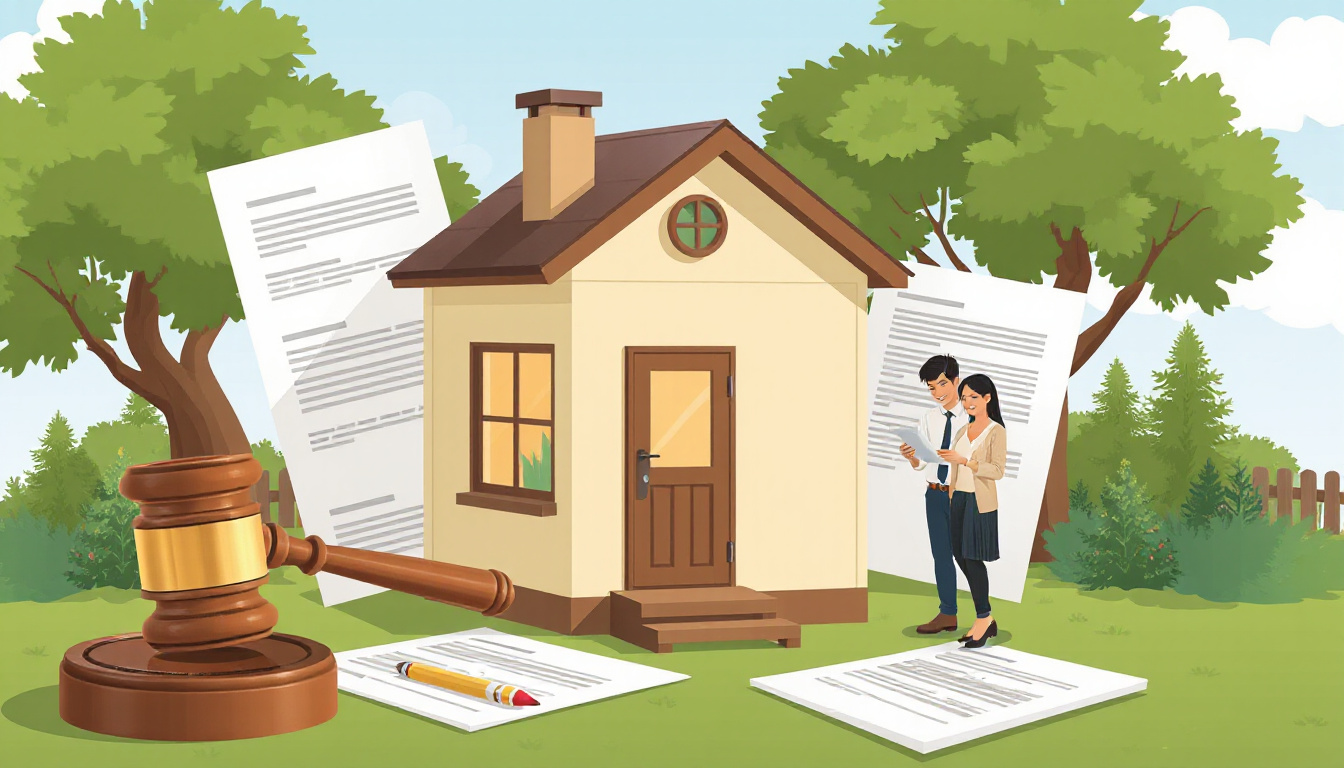Tiny houses gain popularity as low-cost, simple homes. Owners face one hard step: title and register their house. Tiny houses on wheels sit in a special legal spot. This guide shows each step so your house stays legal.

Understanding Tiny Houses and Their Legal Classification
Many owners wonder how the law sees their home. Tiny houses can stand still or move. Houses on trailers fall under the same rules as travel vehicles in many cases.
• Tiny houses on wheels act like travel vehicles for title and registration.
• Still tiny houses act like small homes and follow local building codes.
The law connects the type of house to how you title it, register it, pay tax, and meet inspections.
Do You Need to Title and Register Your Tiny House?
When Is Registration Required?
• Your house moves or can be moved: The law asks you to register it with the local office.
• Your house stays in one place: Registration may not be needed. Local rules decide if it is seen as a home or as a vehicle.
Why Register Early?
Some owners see their tiny house only as a home. Waiting to register may cost fines and extra fees later. Registration helps you travel and park in the right zones. It also ties you to tax rules so no later issues arise.
The Sales Tax Issue
Buying or building a tiny house also starts a sales tax charge. Rules may change if your home is built in another state or country.
• In your state: The builder or seller may add sales tax at the sale.
• If built out-of-state or beyond borders: You often must pay tax when you bring your house home.
Examples:
- If bought in Oregon (which has no tax) but used in California: California tax applies.
- If the house comes from another country: You must show and pay local tax.
Keep records if your builder already added tax so you do not pay twice.
How to Title Your Tiny House
Before you go to the local office, get these papers ready:
• A paper from the builder that proves who made the house.
• A bill of sale that shows the sale price for tax.
• An old title if you change ownership.
• Border papers if your house comes from abroad.
The local office may give your house a special ID number. A trusted inspector may mark your house with this number. This step keeps your paperwork together.
Registering Your Tiny House: The Local Office Visit
Preparation Is Key
• Book an appointment at your local office to save time.
• Bring your documents: title, tax receipts, inspection forms, and your photo ID.
• Get ready to pay any fees and tax as needed. Some offices take only cash or checks.
Tips for a Smooth Visit
• Explain your house as both a home and a travel vehicle if needed.
• Know your local rules that see your house as a travel vehicle in some cases.
• Office staff want your visit to end well; clear words and full papers help.
Challenges and Variabilities
Laws for tiny houses do not stay the same in all places. Local offices can see rules in their own way. Some owners try to register only the trailer part of the house. This step works sometimes but is not set in stone. New laws may appear later, but for now, follow the local rules.
Final Thoughts
Legal steps for your tiny house can seem hard. Follow local rules, pay the tax, keep full papers, and meet the local office with clear proof. A simple plan helps you secure your home by law. Ask other tiny house owners or local agents for hints that work in your area.
For full details in your area, call your local registration office and tax agent.


Leave a Reply